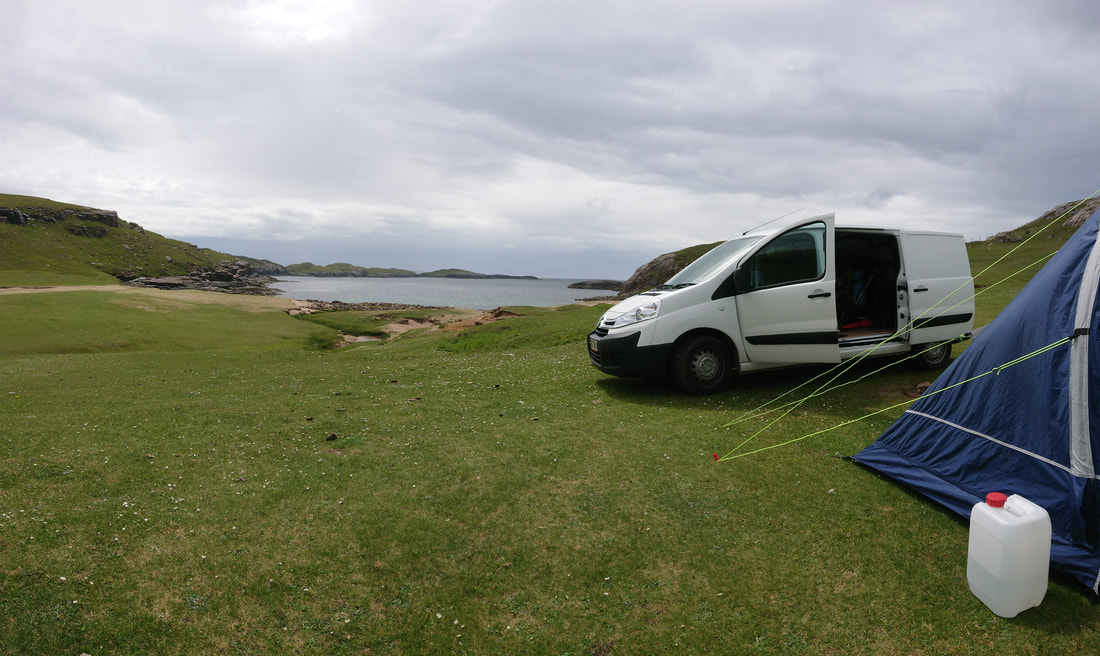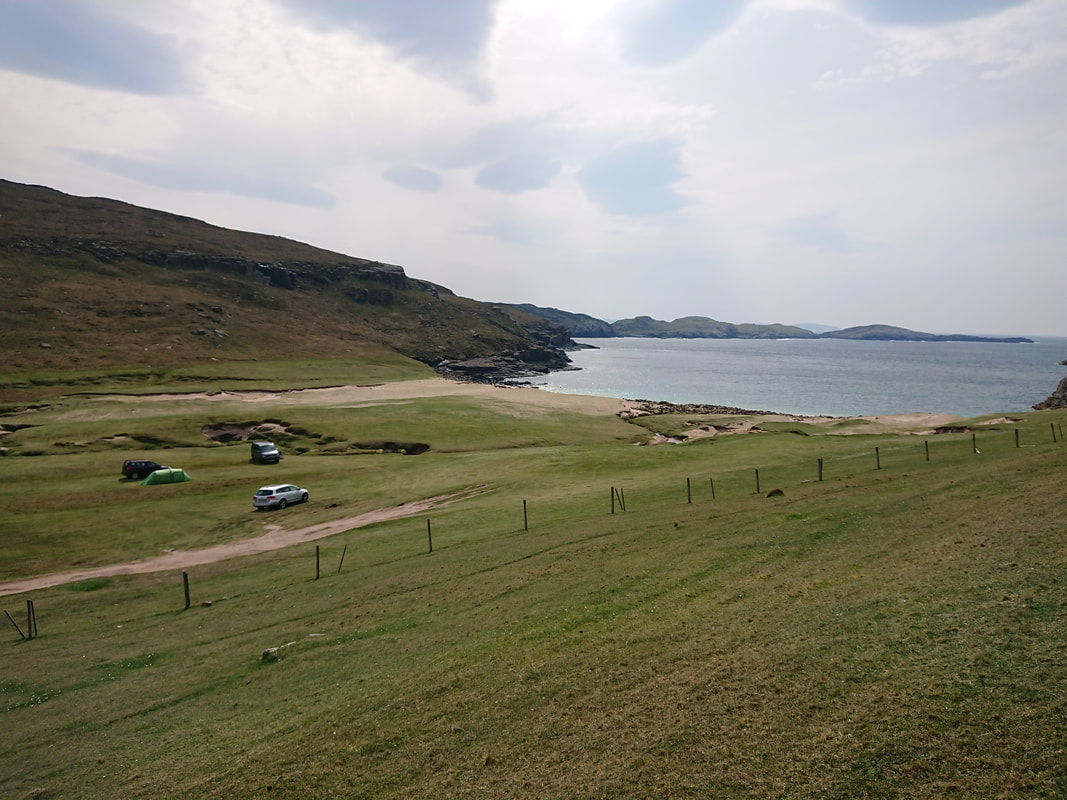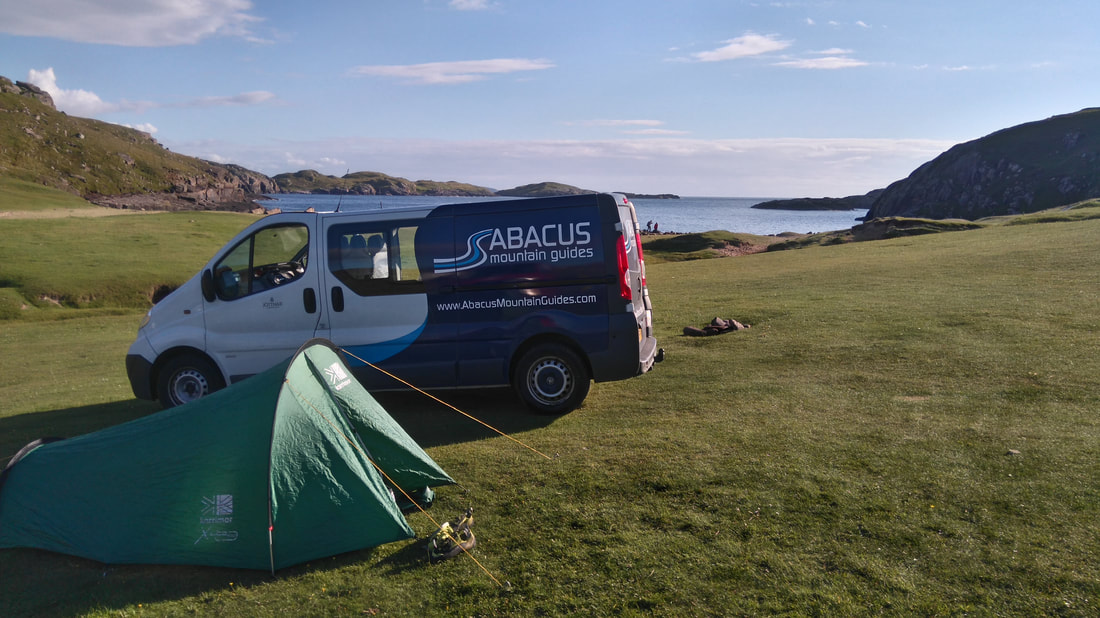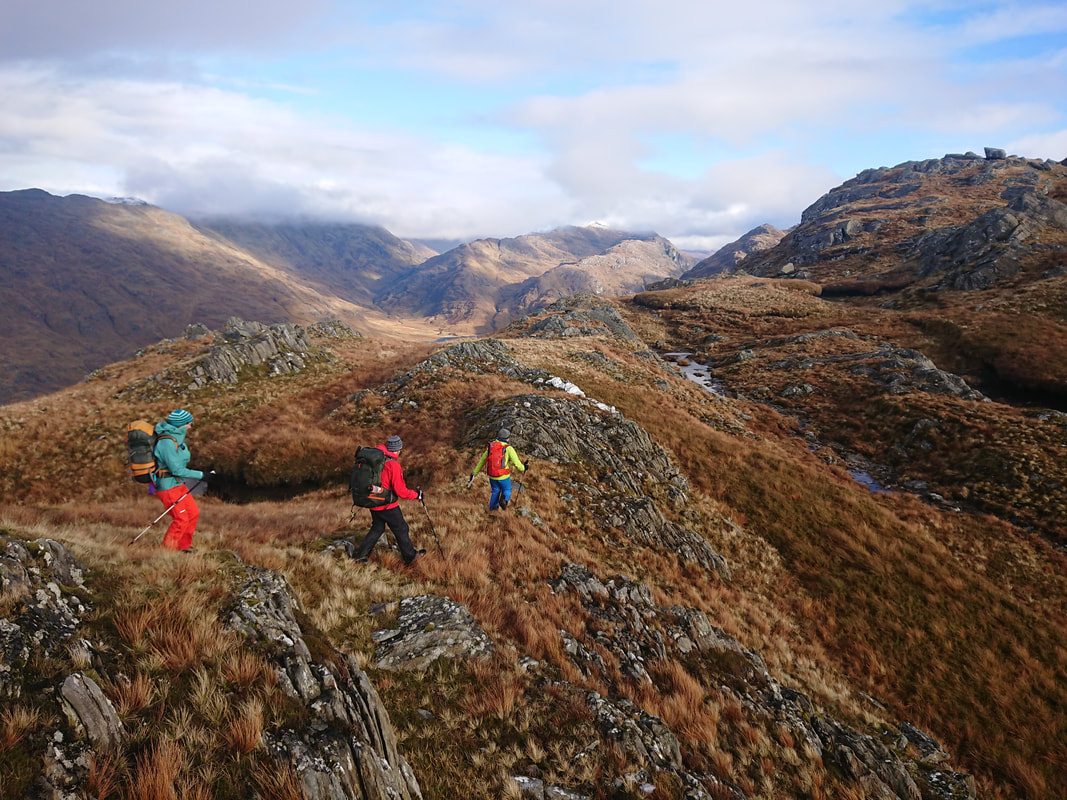|
Right now we have a big problem. People want to get a bit of fresh air, feel a bit of breathing space and soak up the feeling of being in a wild, open landscape. This in itself is not the problem, in fact this is an excellent solution to a huge array of physical and mental health problems as well as bringing income to small rural economies. The problem we have right now is from people parking close to the road and camping overnight, creating an obvious impact and leaving behind a mess of rubbish and burnt ground. This is not a new problem but it is worse right now due to people’s desire to get out of the lockdown, and because campsites and accommodation providers are not yet open. Public facilities are still closed in many areas as well. We might also have a number of people trying out camping for the first time, people who are unaware of the negative impact they can have so easily, or people just ignorant of what camping is like and finding it is not for them. What is the solution? Should we ban camping close to the road in the way that the chair of Glencoe and Glen Etive Community Council would like to do right across Scotland? Do we impose local by-laws like we have around Loch Lomond? Do we introduce a permit system? If, like me, you value the opportunity to camp in secluded little spots, out of sight of everyone, and leaving no trace at all of your stopping there, you will not want a nationwide ban. Perhaps there are other ways to tackle this big problem that are less heavy handed. There is often a very negative reaction to enforcement of powers as a first step. Perhaps it is better first to engage with people, to explain the problem and to encourage them to behave differently, and then to enforce laws. 1. Understand the difference between wild camping and free camping. Let’s be clear, free camping close to the road is not wild camping as governed by the Land Reform Act of 2003 and the Scottish Outdoor Access Code. Scottish Natural Heritage (SNH) needs to run an information campaign to educate everyone of the difference. SNH helped us understand the rights and obligations of the Scottish Outdoor Access Code when it came into power and it can continue with this service now. With a well managed and targeted campaign, SNH can separate wild camping from free camping and make sure we all understand we do not have the right to camp next to the road. There is a general mis-understanding that is perpetuated among many groups of campers and camper van users, that we have the right to camp next to the road because of our right to responsible access. This is not correct and it needs to be tackled head on by the Scottish Government through SNH. A campaign that engages with the right people, explains the problems and encourages better ways of doing things should be the first step and can be done very quickly. Even if it was covered by the Scottish Outdoor Access Code, free camping would come with the responsibility to leave no trace, and this is enforceable. So, perhaps part of the solution might be to bring free camping into the activities governed by the Scottish Outdoor Access Code. If it is done sensitively with no impact on other people (visual or physical), no damage done by fires or barbecues and no trace is left behind, free camping is acceptable or tolerated. It’s the impact and damage that is the problem and this would constitute irresponsible behaviour and would be contrary to the Scottish Outdoor Access Code. Perhaps this is the right way to go for enforcement. 2. Current legislation needs to be enforced, and to be seen to be enforced. Several times recently I have heard of the police turning up at places where people are free camping and doing nothing. This story spreads the idea that free camping is OK and the police do nothing about it. Neither is true. There have been many cases, unreported, when the police have spoken with people camping inappropriately, engaged with them, explained the problem and encouraged them to move on. In many cases the advice is taken well and people are happy to change plans. Many times, when the police turn up, the campers have already started drinking and say they can’t drive away due to the alcohol. Nobody wants people driving or riding motorbikes under the influence of alcohol, so the campers are left in place for the night. What does not get reported or told as part of the story is that police officers do follow up, when they can, and check the area after the campers have left. It’s a big task, and the police have many other things to attend to as well. However, if one or two campers were charged with vandalism or setting fires, this story would spread far and wide. Remember the people who were arrested for walking up a Munro during lockdown and needing the help of the mountain rescue team? 3. Engage with and educate campervan users. There is already very good advice and information on the Campervan and Motorhome Professional Association (CaMPA) website (http://www.campa.org.uk/) for drivers. Unfortunately not all camper van renters are members or pass on the advice to drivers. Instead, some campervan hires are sold with the idea of driving without care or concern, parking up anywhere for the night with no additional cost beyond the hire charge of the van. More widespread is the chat in online forums that perpetuates the idea that the right to roam in Scotland extends to camping anywhere or parking up anywhere for the night. If all camper van renters were obliged to encourage their customers to follow the CaMPA Code it would be a start to reducing inappropriate informal camping. Online forums can be kept better informed by people engaging and taking part in the discussions. 4. Empower communities to provide facilities for campervans. In Ireland and right across Europe, there are many areas specifically for camper vans and campers where, for a small fee, you can park up and spend the night in a managed area with very basic facilities (a tap and a toilet). They can work very well and allow small rural areas to benefit financially from the visitors while managing their impact on the area. Even if the camping area only just pays for itself, there will be the benefit of reducing the number of free campers. Potentially, these areas could generate a surplus for the use of the local community. And to minimise the displacement of business from campsites and touring parks, these areas could be for single night stays only. People wanting proper facilities, staying for several nights would still be encouraged to use formal sites. There are examples of sites such as this in Scotland already. I have spent many very happy nights at Sheigra and look forward to visiting Ardroil on Lewis soon. 5. Educate people through signage. I remember seeing a small sign once when I was walking my dog. It asked “Is your dog a killer?”. I immediately felt defensive and read more of the sign as a result. It went on to tell me about ground nesting birds and the damage that can be done by dogs off the lead at certain times of year. I had not realised this and I took it well. My dog walked on his lead that day and I went elsewhere for a couple of months. Many people do not understand the impact of their actions and, if they did, they would change their behaviour. There are very many sites where people camp for free quite regularly and if we placed small sign here they could have a very positive effect.
Lighting a fire or using a barbecue out in the open is very difficult to do without leaving a mark on the ground. It takes an expert to do it successfully. People who light fires and use barbecues improperly not only leave damaging scars in the ground but also risk widespread wildfires. Even people who are very used to using small stoves sometimes have accidents that start wildfires. At a time when we need to improve biodiversity in our landscape, wildfires are particularly damaging in the long term. SNH is ideally placed to create a resource of signs that can be used by local communities or landowners to encourage good camping behaviour. Our first minister spoke about free camping today, and the need for people to use their common sense when they are making decisions. I think we need to do more than just tell people to be considerate because the impacts of free camping are not imediately obvious to everyone. We need to engage with people who are free camping inapropriately, educate them so they understand all the different ways they can have an impact, encourage them to change their behaviour and, when required, we need to enforce what laws we can. I completely understand that Glen Etive was overwhelmed at the weekend and what I describe here might not go far enough in particular places. However, in normal times, it might be enough to manage the problem sufficiently.
7 Comments
Keith
13/7/2020 22:02:02
Good sound advice, good to have some well informed fact-based comment for a change.
Reply
Neil Adams
14/7/2020 11:04:16
Hello Mike,
Reply
14/7/2020 15:33:30
Hi Mike,
Reply
Dave Robinson
14/7/2020 16:25:12
Hi Mike,
Reply
Mike Pescod
14/7/2020 19:07:45
Thanks to Nick and Dave for keeping me right here. I have got the legislation wrong and I will go back and correct this blog. I've long had the mis-understanding that camping next to the car is not governed by the SOAC because motorised transport is outwith the scope of the code. However, as soon as you set foor out of your car, the SOAC applies.
Reply
14/7/2020 22:13:49
Hi Mike,
Reply
15/7/2020 11:53:26
Hi Mike,
Reply
Your comment will be posted after it is approved.
Leave a Reply. |
AuthorMike Pescod Self reliance is a fundamental principle of mountaineering. By participating we accept this and take responsibility for the decisions we make. These blog posts and conditions reports are intended to help you make good decisions. They do not remove the need for you to make your own judgements when out in the hills.
Archives
March 2024
|




 RSS Feed
RSS Feed
